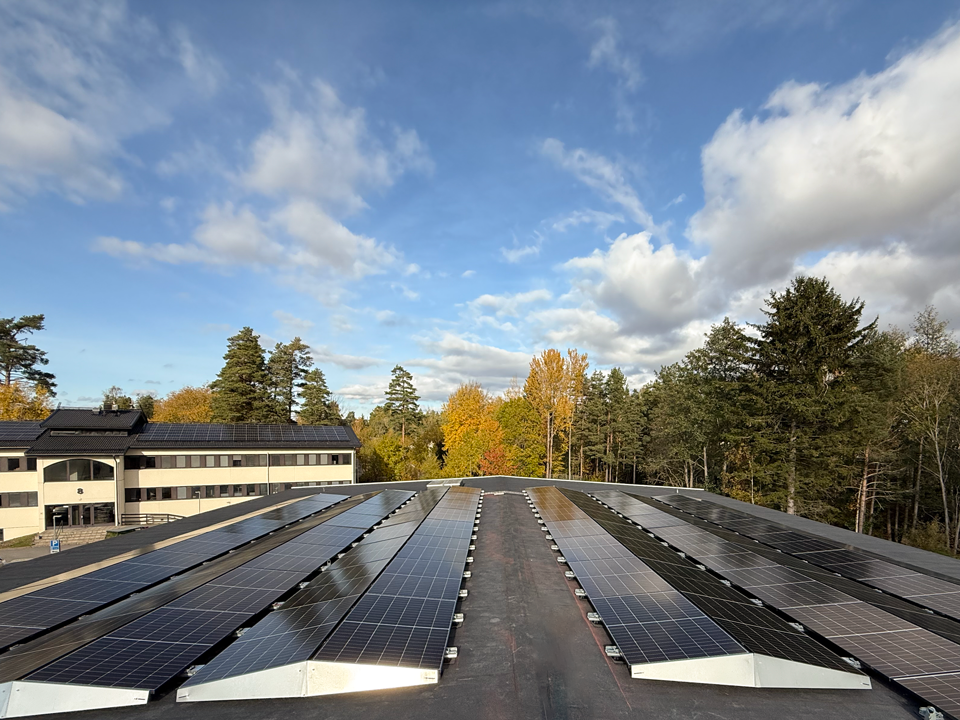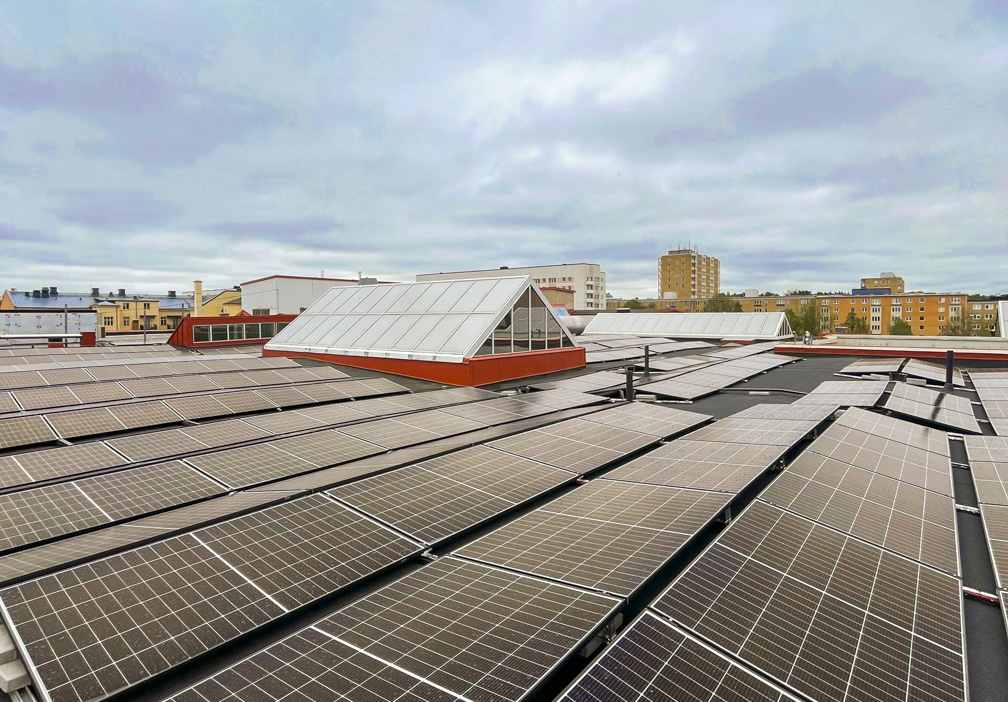Today, solar energy accounts for about 1 percent of Swedish electricity. This may be considered a small proportion, especially if compared with Germany - where solar energy accounts for ten percent. However, Anna Werner, CEO of Svensk Solenergi, believes that Sweden will be able to reach the same percentage of solar energy within the next five years.
In an interview by the former Nyhetsmorgon profile Jesper Börjesson, Anna Werner believes that Swedish laws and regulations are more for the old forms of power and less adapted for sustainable energy.
– We are not first on this journey, it is political governance and will. There was a need for a clear belief in this form of power and there was also a great need for regulatory changes, i.e. laws and regulations, she says in the interview.
"For every carrot you eat from your own cultivation, you have to pay tax"
Today, companies need to pay energy tax on larger facilities. This is something that needs to be abolished in order to achieve a more positive development in sustainable energy in the electricity grid, according to Anna Werner.
– If it is a large facility, you have to pay energy tax on the electricity that you produce and use yourself. It's not a problem as long as you don't use your own electricity, which you can't do with the other forms of energy. But when solar power comes in, when you can actually use a large part of the electricity yourself, it becomes very absurd to have such a tax. It's like you grow carrots and for every carrot you eat from your own cultivation, you have to pay tax.





